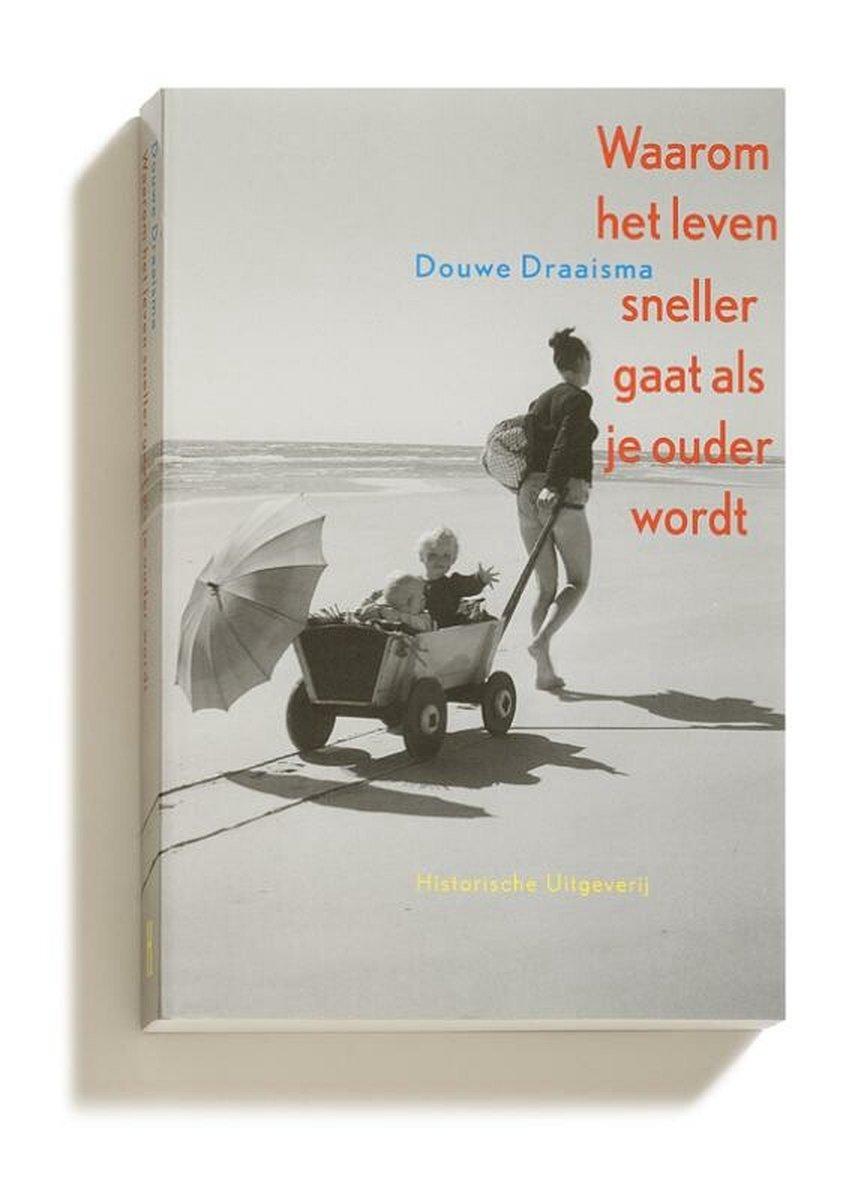Why Life Speeds Up with Age: On the autobiographical memory
Autobiographical memory is not a common topic of psychology, which feels ill at ease with a subject not readily open to scientific generalisation. But for that very reason it is highly popular with the general public. The associated problems are both concrete and intriguing. Where does the sense of deja vu come from? Why do we keep blushing years after a past humiliation? Why does life seem to pass more quickly with age, and why do dying people sometimes see scenes from their youth flash by in their mind’s eye? Each of us has wondered about these questions at some time, but psychologists prefer to steer clear of them for fear of being thought quacks.

How mistaken they are is revealed by psychologist Douwe Draaisma in Why Life Speeds Up with Age. In a kaleidoscopic series of reflections, he shows how these very questions have now been opened up to scientific analysis while losing nothing of the puzzling character with which the founders of psychology had to wrestle. In short, this book is a form of homage to the nineteenth-century men who treated psychology as a life science. In that kind of science, general laws, Draaisma keeps insisting, must always enter into an uncomfortable alliance with the uncertain approach of the arts.
Draaisma combines the best of science and art in his book. Under his pen, psychology again becomes a science of human life, whether he is writing on the savant syndrome, on why our memories always proceed forwards, never backwards, or on how a draughts champion can play ten simultaneous games blindfold. For the rest, Draaisma is as familiar with world literature as he is with his own discipline, and appreciates how much novelists can contribute to our understanding of the human mind. In his book, Borges, Mann and Proust engage in an exciting exchange of views with Wundt, Fechner, Heymans and their present-day scientific successors.
An engagingly presented and intelligent examination of the metaphors, past and present, employed in the explanation of memory. The author has combined historical erudition and familiarity with recent work in a volume that will be of interest to a broad readership as well as to specialists.
Kurt Danziger, Professor Emeritus of Psychology, York University, Toronto
Douwe Draaisma has written a superb history of such metaphors of memory.
Steven Rose, The Times Higher Education Supplement
--(v).jpg&w=640&q=75)